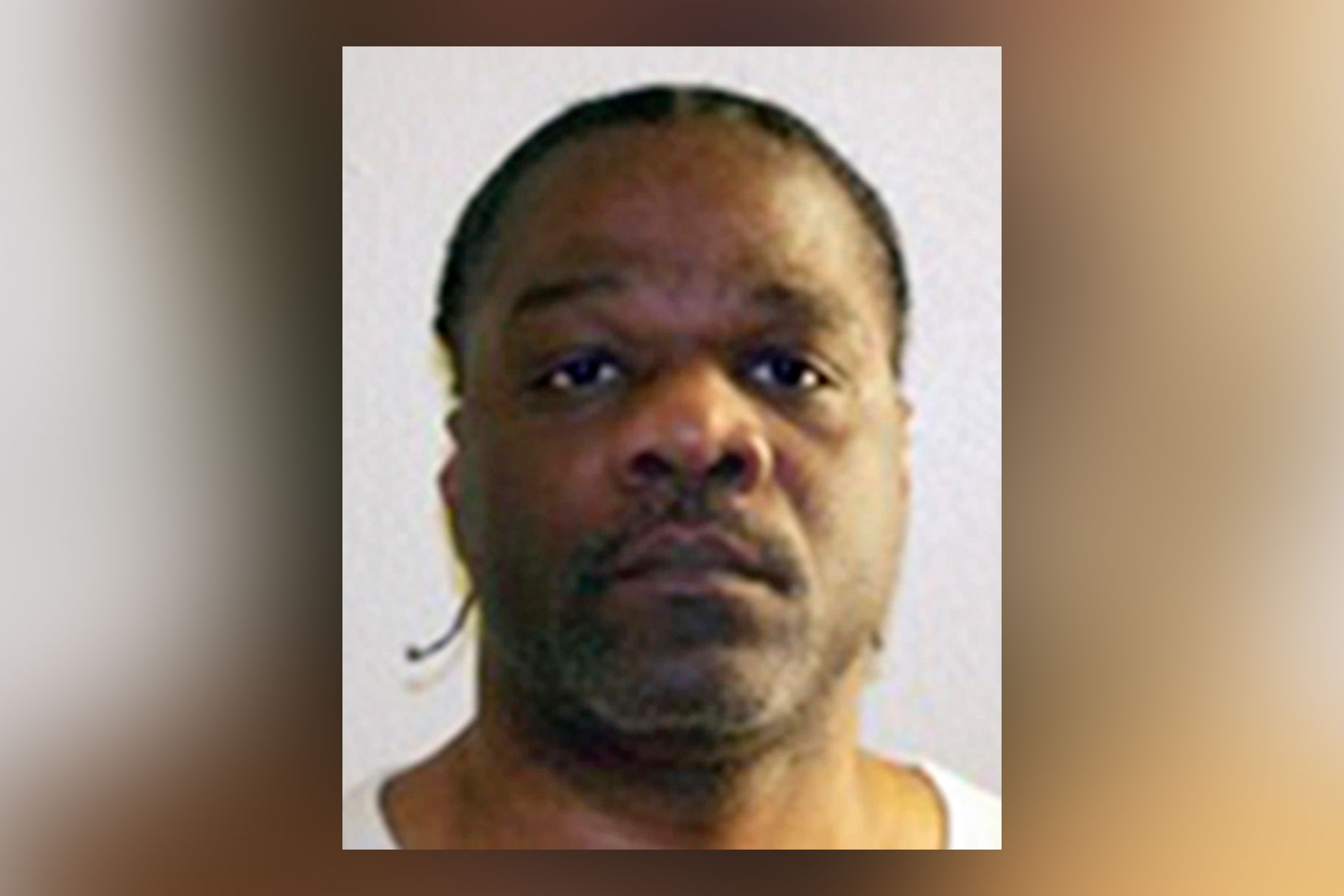Create a free profile to get unlimited access to exclusive videos, breaking news, sweepstakes, and more!
Four Years After Man Is Executed For Neighbor's 1993 Killing, Another Man's DNA Is Found On Murder Weapon, Lawyers Say
New testing done on evidence found at Debra Reese's murder scene apparently reveals new DNA and fingerprints that don't match those of Ledell Lee, who was put to death in 2017, according to the Innocence Project and the ACLU.

Four years after Ledell Lee was executed in Arkansas for the murder of his neighbor, another man's DNA was found on the weapon, raising questions about Lee's conviction.
Lee was found guilty in 1995 of the murder of 26-year-old Debra Reese two years earlier. He was put to death in 2017, marking the first execution in Arkansas in more than a decade, the Washington Post reports. He maintained his innocence until the very end of his life.
Reese was sexually assaulted, bludgeoned with a wooden billy club, strangled and stomped on. However, the shoe mark left on her wasn’t consistent with the shoes worn by Lee that day, a 2020 complaint filed by Lee’s sister alleges.
Now, forensic testing has apparently concluded that Lee’s DNA did not match the DNA found on the club or on a bloody shirt found at the scene, according to a joint press release from the Innocence Project and the American Civil Liberties Union, obtained by Oxygen.com. Lee’s family, The Innocence Project, and the ACLU sought the testing last year in an effort to exonerate Lee post-mortem.
"This week, lawyers for the Lee family and the City of Jacksonville received two DNA testing reports on evidence submitted by the parties for testing," the press release, dated last week, states. For items on which DNA from someone other than the victim was detected and interpretable, the results indicated that it belonged to a man other than Lee.
New fingerprints were also found at the scene, and they could also not be identified, the Innocence Project and the ACLU said in the statement. The DNA and fingerprint profiles have been entered into a national database; there have not been any matches thus far.
“While the results obtained 29 years after the evidence was collected proved to be incomplete and partial, it is notable that there are now new DNA profiles that were not available during the trial and post-conviction proceedings in Mr. Lee’s case,” Nina Morrison, Innocence Project senior litigation counsel, said in a statement.
Regardless, Arkansas Gov. Asa Hutchinson defended Lee’s execution during a Tuesday news conference. He called the new evidence “inconclusive.”
The governor, who scheduled Lee’s execution amongst several others in 2017, said that “the jury found him guilty based upon the information that they had.”
“Whenever you make tough decisions, whenever you have to carry out the decision of a jury, you realize that it’s been reviewed by the Supreme Court at every level,” he said. “They affirm the convictions, and it’s my duty to carry out the law.”
Patricia Young, Lee’s sister, told The Appeal last year that she believed the results would "show that my brother was executed for no reason."
“We just want to clear his name and we don’t want his name to go in vain,” she said.
Young gave a statement following the recent tests as well, stating, “This is a difficult time of year as we mourn the death of our brother, who we loved deeply. We are glad there is new evidence in the national DNA database and remain hopeful that there will be further information uncovered in the future. We ask for privacy for our family in this difficult time.”






















